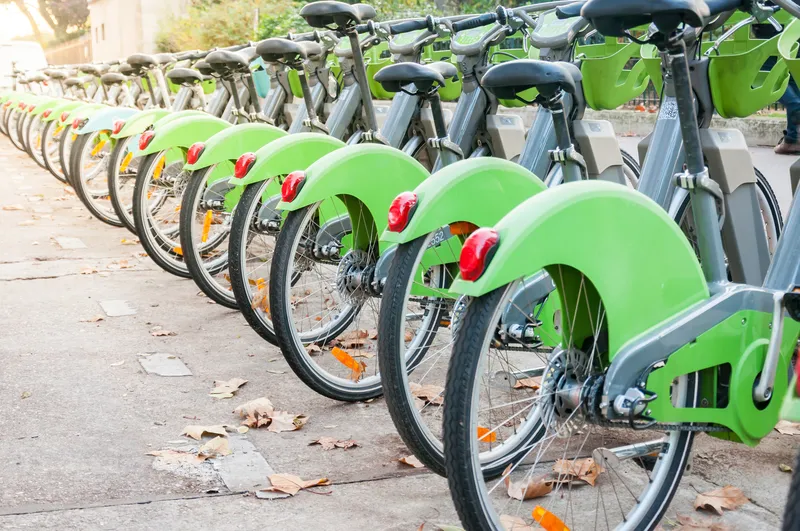The National Association of City Transportation Officials (NACTO) has updated a %$Linker:
NACTO president Seleta Reynolds says: “NACTO’s guidance provides crucial steps for cities to ensure that new mobility options benefit the public good, from best-practice data management to real-world examples on coordinating across neighbouring municipalities.”
Guidelines for Regulating Shared Micromobility covers options for regulation for micromobility services – such as shared bikes and scooters - including permits, pilots and demonstrations. It also includes fee structures to help cities recoup their costs for managing dockless mobility, and includes technology recommendations such as the best uses of geofencing technology - along with its limitations.
The updated guide takes lessons learned from the first full year of shared scootering operation across the US as well as city experience with dockless pedal bike and e-bike programmes.
The guide received input from non-profit organisation ClimateWorks Foundation and the Better Bike Share Partnership.
Lina Fedirko, ClimateWorks senior associate, says the guide “puts forth a refined view on regulatory actions for cities which, when coupled with support for deployment, including safe public infrastructure, can ensure we strike the right balance and maximise the benefits of these promising new modes of travel”.
NACTO updates city micromobility guide
The National Association of City Transportation Officials (NACTO) has updated a guide which it says helps US cities regulate and manage micromobility companies.
NACTO president Seleta Reynolds says: “NACTO’s guidance provides crucial steps for cities to ensure that new mobility options benefit the public good, from best-practice data management to real-world examples on coordinating across neighbouring municipalities.”
Guidelines for Regulating Shared Micromobility covers options for regulation for microm
September 17, 2019
Read time: 2 mins








